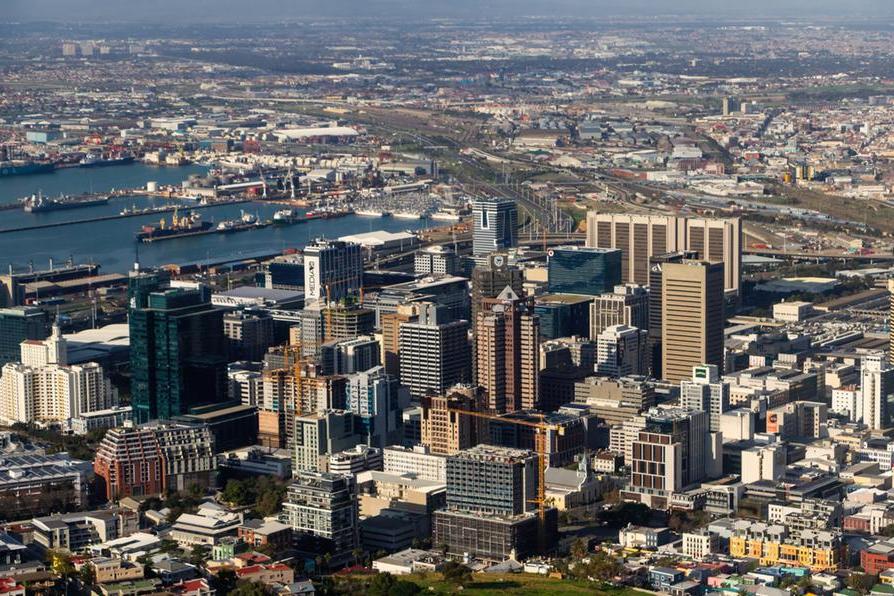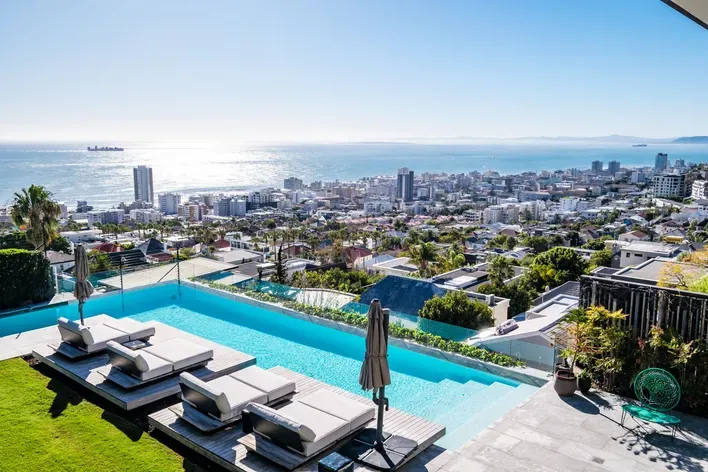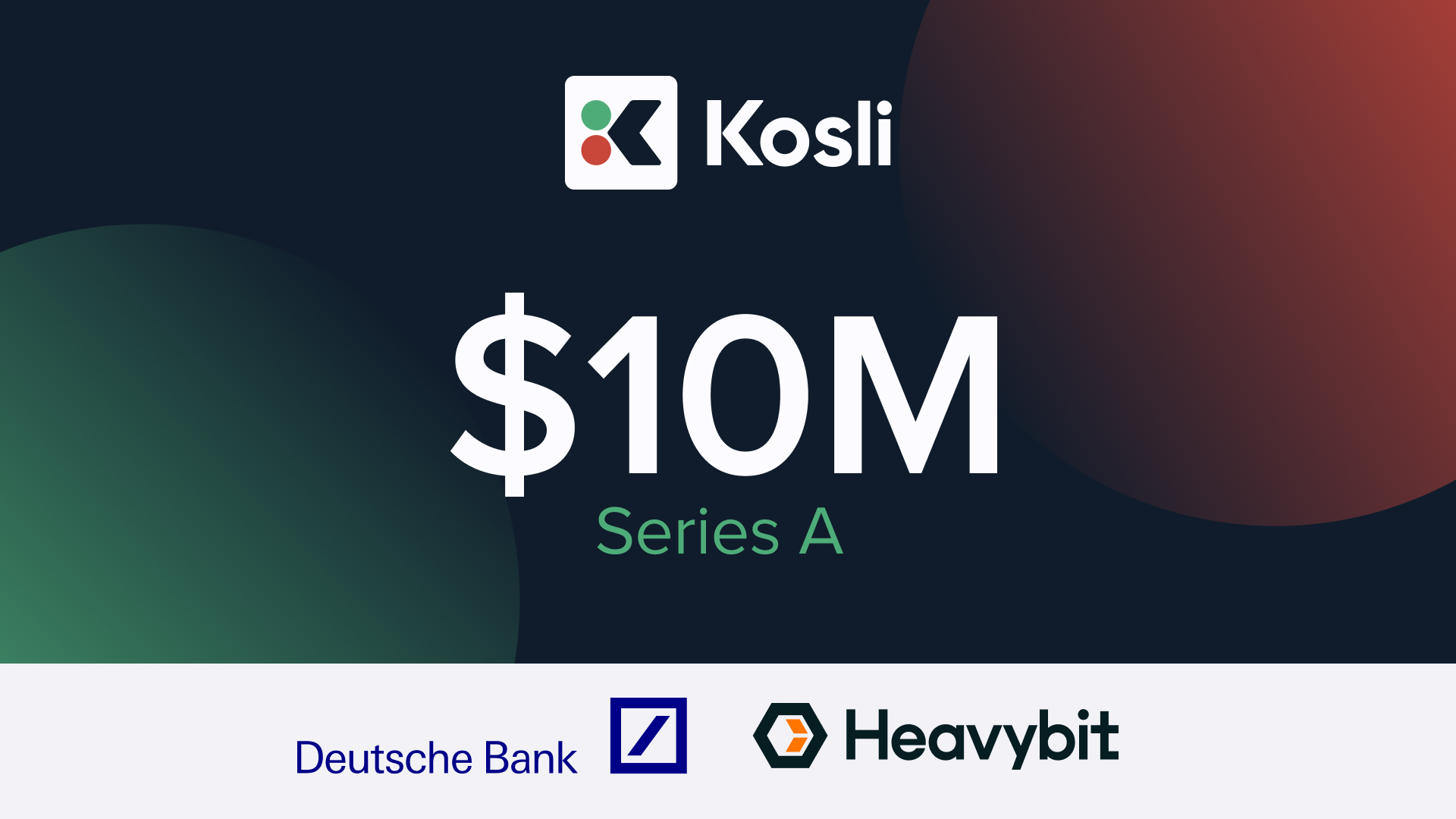Key Takeaways:
I. The luxury real estate market on the Atlantic Seaboard is experiencing robust growth, driven by high demand, limited supply, and significant foreign investment.
II. Wealthy buyers, both domestic and international, are drawn to the Atlantic Seaboard's lifestyle, security, and investment potential, with preferences varying based on location, amenities, and property features.
III. While the market exhibits strong potential, macroeconomic factors, political stability, and currency fluctuations pose risks that require careful consideration.
South Africa's Atlantic Seaboard, particularly Cape Town's exclusive suburbs, is experiencing a surge in luxury real estate activity. This boom reflects a confluence of factors, from robust market dynamics and evolving investment trends to discerning buyer behavior. This article delves into the intricacies of this high-end market, providing a nuanced analysis for investors, industry experts, and anyone interested in understanding the forces shaping this dynamic landscape.
The Anatomy of a Luxury Market: Forces Shaping the Atlantic Seaboard
The Atlantic Seaboard's luxury real estate market is characterized by robust growth, fueled by a confluence of factors. High demand, driven by both domestic and international buyers, significantly outpaces the limited supply of available properties, creating a seller's market. This dynamic is further amplified by a notable influx of foreign investment, attracted by the region's lifestyle, relative affordability compared to other global luxury markets, and potential for capital appreciation.
Data from various sources underscores the market's strength. Nearly 120 properties exceeding R20 million (approximately USD 1 million) have transacted in Cape Town this year, totaling over R3.6 billion (approximately USD 180 million). The average sale price of a freestanding residential property on the Atlantic Seaboard has reached R17 million (approximately USD 850,000), with prices in sought-after suburbs escalating to USD 5,600 per square meter.
The Sea Point area, in particular, has witnessed a steady price increase throughout 2024, according to the Cape Town Real Estate Quarterly Report (Q4 2024) and Property24 Market Analysis (2024). This sustained growth is driven by the enduring appeal of coastal living, the development of new luxury projects, and a robust rental market, particularly in the short-term rental segment.
Several factors contribute to the market's dynamism. Semigration trends within South Africa, fueled by lifestyle preferences and the rise of remote work, drive demand for coastal properties. Favorable home loan approval rates and the potential for future interest rate cuts further stimulate buyer activity.
Profiling the Elite: Who's Investing in Cape Town's Luxury Market?
The wealthy buyers drawn to the Atlantic Seaboard represent a diverse mix of domestic and international high-net-worth individuals (HNWIs). Domestic buyers are often motivated by lifestyle upgrades, seeking better security, access to top-tier amenities, and the unique coastal lifestyle offered by the Atlantic Seaboard. Semigration, driven by the rise of remote work and the desire for an improved quality of life, plays a significant role in this trend.
International buyers, primarily from Europe and other African countries, are attracted by Cape Town's natural beauty, cosmopolitan atmosphere, and relative affordability compared to other global luxury markets. These buyers often view these properties as both primary residences and investment vehicles, seeking capital appreciation and potential rental income.
Buyer preferences vary, but common themes emerge. Properties with exceptional views, high-end finishes, and robust security measures are highly sought after. Proximity to amenities such as restaurants, shops, and recreational facilities also plays a crucial role in purchasing decisions. The 'Prime 7' neighborhoods – Clifton, Camps Bay, Bantry Bay, Bishopscourt, Constantia, St James, and Llandudno – are particularly popular among affluent buyers.

Emerging trends include co-buying, allowing individuals to pool resources and enter the luxury market, and buy-to-let investments, driven by the potential for rental income. These trends reflect evolving purchasing patterns and investment strategies in the luxury real estate sector.
The Long View: Sustainable Growth or Speculative Bubble?
While the Atlantic Seaboard's luxury market exhibits strong growth, potential risks warrant careful consideration. The broader South African economic climate, including factors like GDP growth, unemployment rates, and political stability, can significantly influence investor sentiment. Currency fluctuations can also impact the attractiveness of South African properties to international buyers.
Furthermore, the limited supply of luxury properties, while currently driving prices upwards, could constrain future growth if not addressed by increased development. Careful monitoring of these factors, along with a thorough understanding of market dynamics and buyer behavior, is crucial for making informed investment decisions.
The Future of Luxury: Cape Town's Atlantic Seaboard in Perspective
The luxury real estate market on South Africa's Atlantic Seaboard presents a compelling investment proposition, driven by strong demand, desirable lifestyle factors, and the influx of foreign capital. However, potential risks associated with macroeconomic conditions, political stability, and limited supply necessitate a cautious approach. By carefully analyzing market dynamics, understanding buyer behavior, and acknowledging potential challenges, investors can position themselves to capitalize on the opportunities presented by this dynamic and evolving market.
----------
Further Reads
I. 2024 Cape Town Real Estate Review: A Year of Resilience and Triumph on ...









